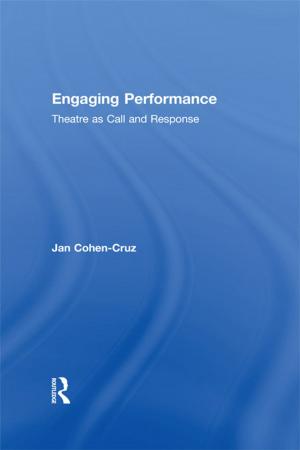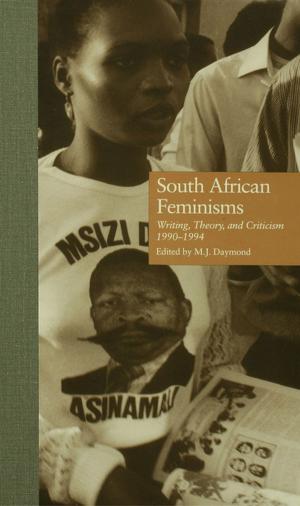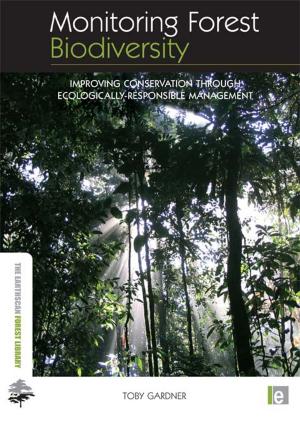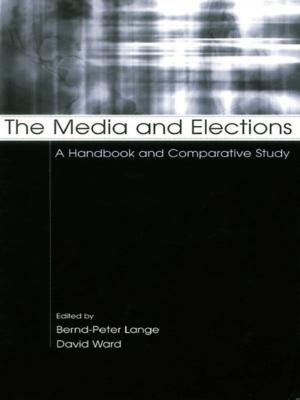Angela Carter: Surrealist, Psychologist, Moral Pornographer
Fiction & Literature, Literary Theory & Criticism, Gothic & Romantic| Author: | Scott Dimovitz | ISBN: | 9781317181118 |
| Publisher: | Taylor and Francis | Publication: | March 2, 2016 |
| Imprint: | Routledge | Language: | English |
| Author: | Scott Dimovitz |
| ISBN: | 9781317181118 |
| Publisher: | Taylor and Francis |
| Publication: | March 2, 2016 |
| Imprint: | Routledge |
| Language: | English |
Contributing to the conversation regarding Angela Carter's problematic relationship with what she viewed as the interrelated traditions of surrealism and psychoanalysis, Scott Dimovitz explores the intricate connections between Carter's private life and her public writing. He begins with Carter's assertion that it was through her "sexual and emotional life" that she was radicalized, drawing extensively on the British Library's recently archived collection of Carter's private papers, journals, and letters to show how that radicalization happened and what it meant both for her worldview and for her writings. Through close textual analysis and a detailed study of her papers, Dimovitz analyzes the ways in which this second-wave feminist's explorations of sexuality merged with her investigations into surrealism and psychoanalysis, an engagement that ultimately led to the explosively surreal allegories of Carter's later, more complex, and more accomplished work. His study not only offers a new way to view Carter's oeuvre, but also makes the case for the importance of Angela Carter's vision in understanding the transformations in feminist thinking from the postwar to the postfeminist generation.
Contributing to the conversation regarding Angela Carter's problematic relationship with what she viewed as the interrelated traditions of surrealism and psychoanalysis, Scott Dimovitz explores the intricate connections between Carter's private life and her public writing. He begins with Carter's assertion that it was through her "sexual and emotional life" that she was radicalized, drawing extensively on the British Library's recently archived collection of Carter's private papers, journals, and letters to show how that radicalization happened and what it meant both for her worldview and for her writings. Through close textual analysis and a detailed study of her papers, Dimovitz analyzes the ways in which this second-wave feminist's explorations of sexuality merged with her investigations into surrealism and psychoanalysis, an engagement that ultimately led to the explosively surreal allegories of Carter's later, more complex, and more accomplished work. His study not only offers a new way to view Carter's oeuvre, but also makes the case for the importance of Angela Carter's vision in understanding the transformations in feminist thinking from the postwar to the postfeminist generation.















